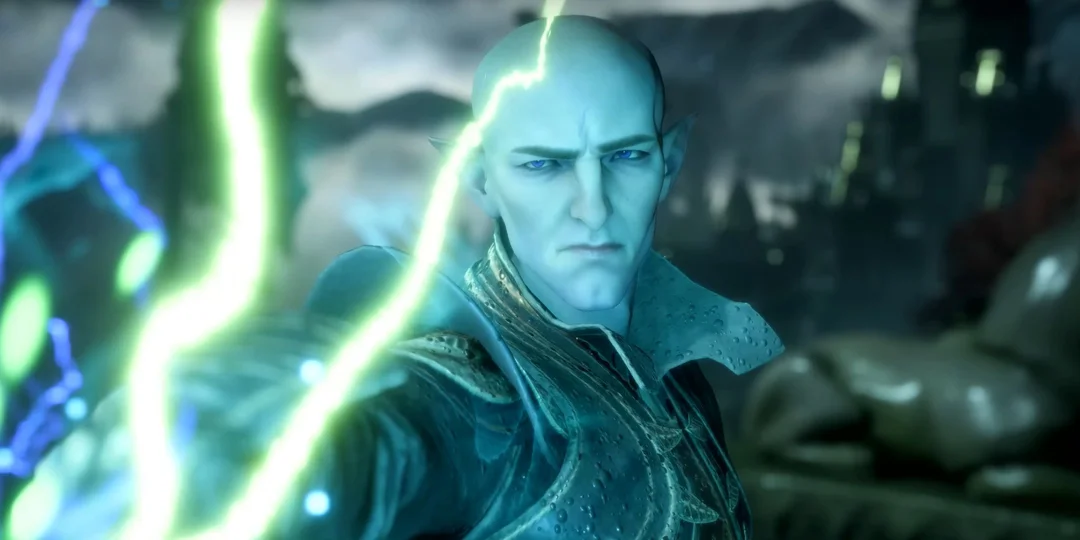
Dragon Age: Veilguard’s Rocky Road – Former BioWare Lead Reveals Development Struggles and EA’s Influence
The development of Dragon Age: The Veilguard was far from smooth, and new insights from former BioWare executive producer Mark Darrah shed light on the studio's internal struggles and external pressures. Darrah's recent YouTube video paints a picture of a team feeling unsupported, caught between leadership changes and the shifting priorities of publisher EA.

Darrah highlights 2017 as a pivotal year, a period he calls the most impactful 12 months in BioWare's history. In late 2016, he was reassigned from the Dragon Age team to oversee the final stages of Mass Effect: Andromeda's development. While intended to ensure Andromeda's successful launch and subsequent resource reallocation to Dragon Age, this move was perceived by the Dragon Age team as a lack of support from both BioWare and EA.
"My feeling at the time was the Dragon Age team was feeling jerked around," Darrah says. "They were feeling like we were getting no support from BioWare or from [publisher] EA, which was basically true."
The reassignment also marked the first instance of leadership discontinuity within BioWare, setting a precedent for shifting leaders mid-project and contributing to the perception that Dragon Age was not a top priority. Furthermore, BioWare's reporting structure within EA changed, moving from a more autonomous relationship with the sports section to a branch with a heightened interest in decision-making. This shift, according to Darrah, contributed to the rapid abandonment of Andromeda's planned DLC.

As development ramped up for Anthem, BioWare's ill-fated looter shooter, Darrah received assurances regarding Dragon Age's importance, but these assurances were not backed by adequate resources. The return of former Mass Effect director Casey Hudson as general manager further complicated matters. Darrah, not consulted about Hudson's return, viewed it as a sign of disrespect and predicted a resource drain on Dragon Age to support Anthem.
"As we all know, that's not what happened at all," Darrah says. "In very short order, in basically exactly the way that I predicted, Anthem was seen as needing greater leadership support, and myself and some other very senior people, and a large percentage of the Dragon Age team, was moved onto Anthem."
The scaling down of BioWare's Montreal studio further exacerbated the situation, with staff members being moved to other EA teams. Darrah claims the Montreal team was misled about the Dragon Age team's desires, and his efforts to retain those developers were ultimately thwarted.
Darrah suggests that EA's focus on Anthem led to the Dragon Age project being pivoted into a now-scrapped live-service game, justifying the removal of team members and their reassignment to Anthem. This move resulted in a prolonged leadership discontinuity, impacting the project's direction.

"To me, it feels like 2017 is when EA finished digesting BioWare, which they had bought nine years earlier in 2008," Darrah concludes. Other ex-BioWare employees have corroborated Darrah's account, aligning with previous reports about Anthem's impact on Dragon Age's development.
Darrah's insights raise important questions about the balance between creative vision and corporate priorities within the gaming industry. Was Dragon Age truly sidelined for Anthem's sake? And what could have been, had the development team received the support they needed? Share your thoughts and opinions in the comments below.